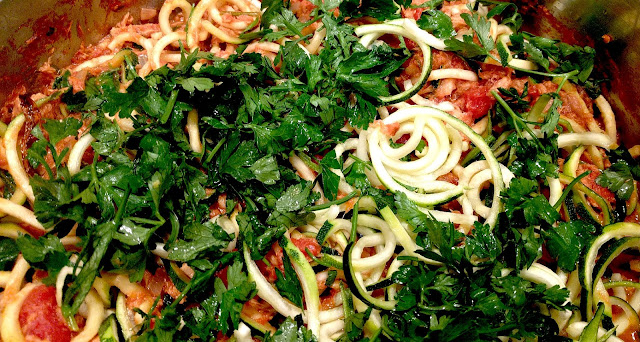What Is Keto Diet?

The ketogenic diet, commonly referred to as the keto diet, is a low-carbohydrate, high-fat diet that is designed to encourage the body to enter a metabolic state known as ketosis. This diet involves reducing carbohydrate intake to a minimum while increasing fat intake to a significant degree, with moderate protein consumption. By doing so, the body is forced to burn fat for energy instead of carbohydrates, resulting in a state of ketosis that can lead to weight loss and other health benefits.
How to use the keto diet?
The keto diet typically involves restricting carbohydrate intake to 20-50 grams per day, while increasing fat intake to 60-75% of total calorie intake, with protein intake making up the remaining 20-30%. By limiting carbohydrates, the body is forced to use stored fat as fuel, which can lead to weight loss, improved blood sugar control, and increased energy levels.
Foods
that are typically allowed on the keto diet include meat, fish, eggs, cheese,
butter, oils, nuts, and non-starchy vegetables. Foods that are restricted
include sugar, grains, fruits, and starchy vegetables. It's important to note
that the keto diet may not be suitable for everyone, and it's always best to
consult with a healthcare professional before starting any new diet or exercise
regimen.
Briefly
The ketogenic diet, or "keto" for short, is a popular low-carbohydrate, high-fat diet that has gained popularity in recent years for its potential benefits for weight loss, improved blood sugar control, and increased energy levels. If you're interested in trying the keto diet, it's important to understand the basic principles of the diet and how to follow a keto diet plan.
What is the keto diet plan?
The keto diet plan is designed to encourage the body to enter a metabolic state known as ketosis, in which it burns fat for fuel instead of carbohydrates. The keto diet involves reducing carbohydrate intake to a minimum while increasing fat intake to a significant degree, with moderate protein consumption.
The
standard macronutrient ratio for the keto diet is typically 5-10%
carbohydrates, 20-25% protein, and 70-75% fat. For most people, this equates to
approximately 20-50 grams of net carbohydrates per day, which should be sourced
from low-carbohydrate, high-fiber foods such as leafy green vegetables and
berries.
What foods are allowed on the keto diet plan?

The keto diet is a high-fat diet, so foods that are high in healthy fats are encouraged. Examples of foods that are typically allowed on the keto diet plan include:
- Meat: Beef, chicken, pork, and lamb.
- Fish Like Tuna, Trout, Salmon, and Seafood such as Shrimp.
- Eggs: Any style, including boiled, scrambled, and fried.
- Dairy products: Cheese, heavy cream, butter, and full-fat yogurt.
- Fats and Oils: Butter and (Oils: Coconut, Olive, and Avocado).
- Nuts and seeds: Almonds, walnuts, chia seeds, and flaxseeds.
- Sugar and sweets: Soda, candy, ice cream, and other sugary foods.
- Starches and Grains: Potatoes, Pasta, Bread, and Rice.
- Fruits: Most fruits are high in carbohydrates and therefore restricted on the keto diet.
- Legumes: Beans, lentils, and chickpeas are high in carbohydrates and not allowed on the keto diet.
- High-carbohydrate vegetables: Corn, peas, and carrots are high in carbohydrates and should be avoided on the keto diet.
What are the potential benefits of the keto diet plan?
The keto diet has been shown to have several potential benefits, including:
- Weight loss: The keto diet may help you lose weight by reducing appetite, increasing satiety, and burning stored fat for fuel.
The
keto diet should be used for people with type 2 diabetes because it improves
blood sugar levels. This is because the keto diet causes your body to use more
fat for energy, which leads to lower levels of glucose in the bloodstream.
- Increased energy levels: By burning fat for fuel, the keto diet may help increase energy levels and improve mental clarity.
- Reduced inflammation: The keto diet has been shown to reduce inflammation in the body, which may help improve overall health.
What are the potential drawbacks of the keto diet plan?
While the keto diet has many potential benefits, it's not suitable for everyone. Some potential drawbacks of the keto diet plan include:
- Initial side effects: Many people experience flu-like symptoms in the first few days or weeks of starting the keto diet, which can include headaches, fatigue, and constipation.
- Nutrient deficiencies: The keto diet can be low in some essential nutrients, including fiber, vitamin C, and some B vitamins.
- Difficulty maintaining the diet: The keto diet can be challenging to maintain over the long term, especially when dining.
